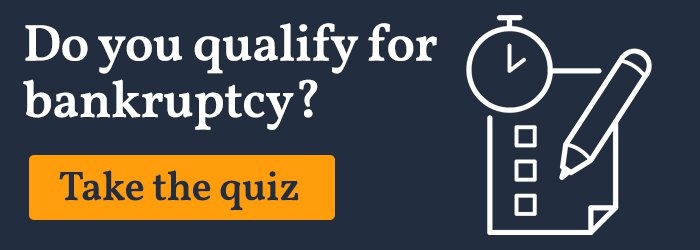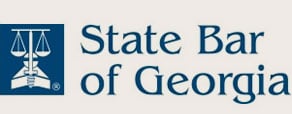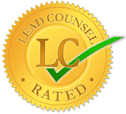If you can’t pay your bills, have fallen behind in rent or mortgage payments, and find yourself staying up at night worrying about how you’re going to pay your creditors, you’re not alone.
Many people through the United States and in Georgia have fallen upon hard economic times. This summer, the country entered a recession, caused by job shutdowns related to COVID-19. Joblessness is at highs not seen in decades.
There is a solution. It’s Chapter 13 bankruptcy.
To many people, “bankruptcy” is a frightening word, frankly. But it needn’t be. Chapter 13 results in an orderly discharge of your debts, overseen by an administrator.
Most of your personal property, like your home, car or truck, and other assets, aren’t affected. You can keep them. That fact alone can put a lot of folks at ease about bankruptcy proceedings. Bankruptcy does not mean that all your property will be auctioned off or sold.
Now, what about anxiety over your bills and your creditors? Or the shame you might feel over being unable to pay? Or the fear that you’ll never be able to get a credit card or loan again because your credit score is poor?
There is no shame in facing economic troubles in one of the most difficult economic times the nation has ever faced. Bankruptcy can be a path out of your troubles. There is life after bankruptcy – you’ll be able to live without stress from creditors.
Credit repair is part of the process, so your credit report will improve. You’ll be able to get a credit card or loan once certain steps are taken.
So don’t let shame or anxiety get in the way of discussing bankruptcy.
What Is Chapter 13 Bankruptcy?
In Chapter 13 bankruptcy, you will receive a plan to pay back your creditors as much as you can reasonably afford within five (5) years. You may need to pay all of what you owe or a percentage.
At the end of that period, any remaining debt is discharged.
Property Exemptions
One of the biggest obstacles to filing for bankruptcy is the fear that it means forfeiture, or taking, of your property, such as a car or truck, or your home.
In fact, most property is protected in Georgia Chapter 13 bankruptcy. The state recognizes that people have to live somewhere, after all, and that transportation is often necessary to earn a living.
The law does offer protections for personal property, motor vehicle and other potential exemptions.
Filing for Chapter 13 Bankruptcy: The Process in Georgia
Talk to a bankruptcy lawyer about your situation. They will guide you through the process.
First, you’ll need to complete a means test, providing your income on a form. Means tests are also used to calculate how much disposable income you have every month once necessities are paid for, and thus how much you can afford to pay toward debts every month.
Second, file a petition for Chapter 13 bankruptcy. You also need to file a payment plan with the court at this time.
Third, receive an immediate stay of collection from creditors. This happens right when you file. They can no longer contact you about your debts.
Fourth, attend a Meeting of Creditors. A trustee will review your finances to verify that your proposed payment plan makes sense: that you can both maintain your household and pay your debts.
Fifth, a confirmation hearing takes place in court. The judge listens to your case. If creditors make any objections, they are heard at that time.
Sixth, the court issues a confirmation. If creditors have objected during the confirmation hearing, any issues need to be resolved before the confirmation can be issued.
Seventh, begin repairing your credit score.
Chapter 13 and Your Credit
There’s no two ways about it: bankruptcy will affect your credit score immediately. It will fall.
However, the law also provides ways to recover from a drop in your credit score. Folks who file for bankruptcy are mandated to complete one course in financial management. (In fact, you will need to file certificates of completion in court before your bankruptcy is discharged at the end of the five-year period.)
[We can help you rebuild your credit score and find financial peace. Download our Life After Bankruptcy guide today.]
Don’t worry that the drop in your credit score will last the seven or even 10-year period people sometimes hear about. Keeping to your payment plan month after month will begin to raise the score gradually.
Most people start to see the effects throughout their payment plan. Our 3 Steps to Better Credit Course will help you begin to build your credit score right away. You can get a credit card or loan again as your credit score rises.
Within four years or so (sometimes sooner!), you can get back to an excellent credit score of 720.
If you are thinking of filing Chapter 13 bankruptcy, talk to the attorneys at Woodall & Woodall. Talking to us is completely free. Don’t wait to find financial peace. Give us a call at 229-247-1211 or contact us here.






